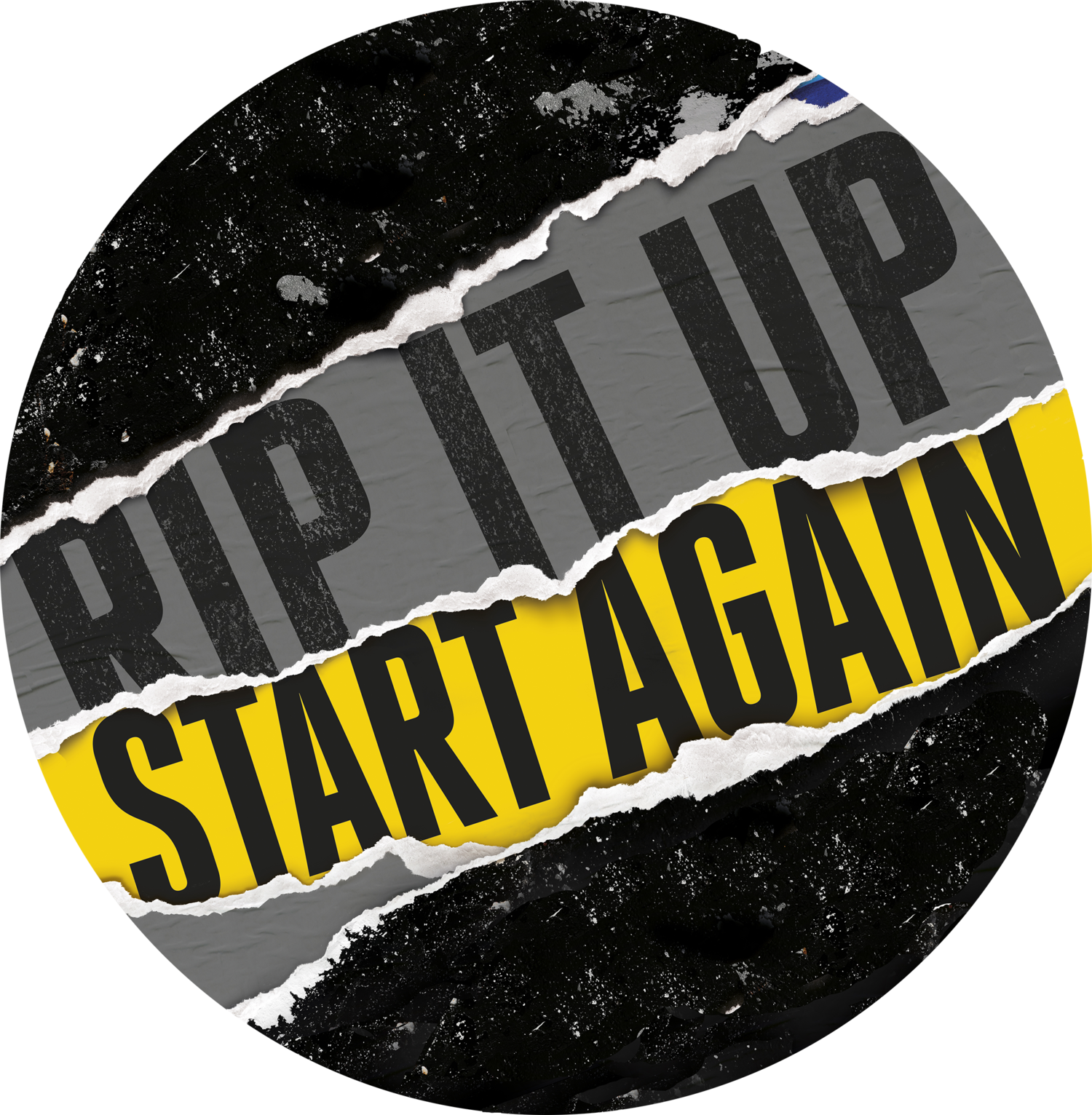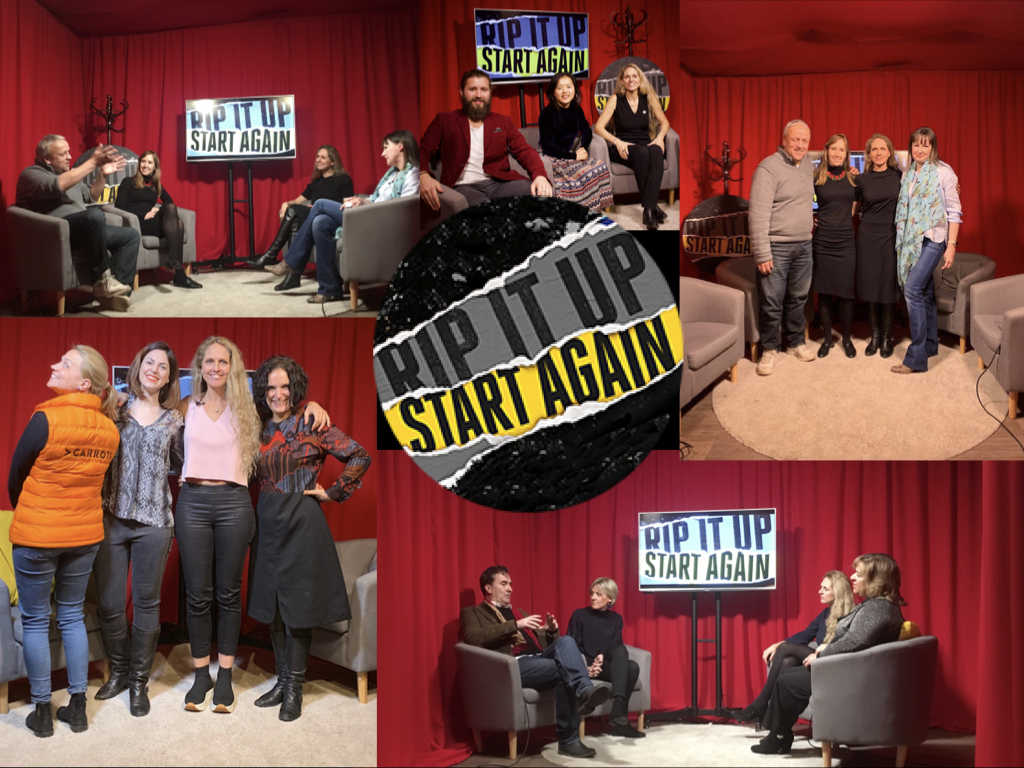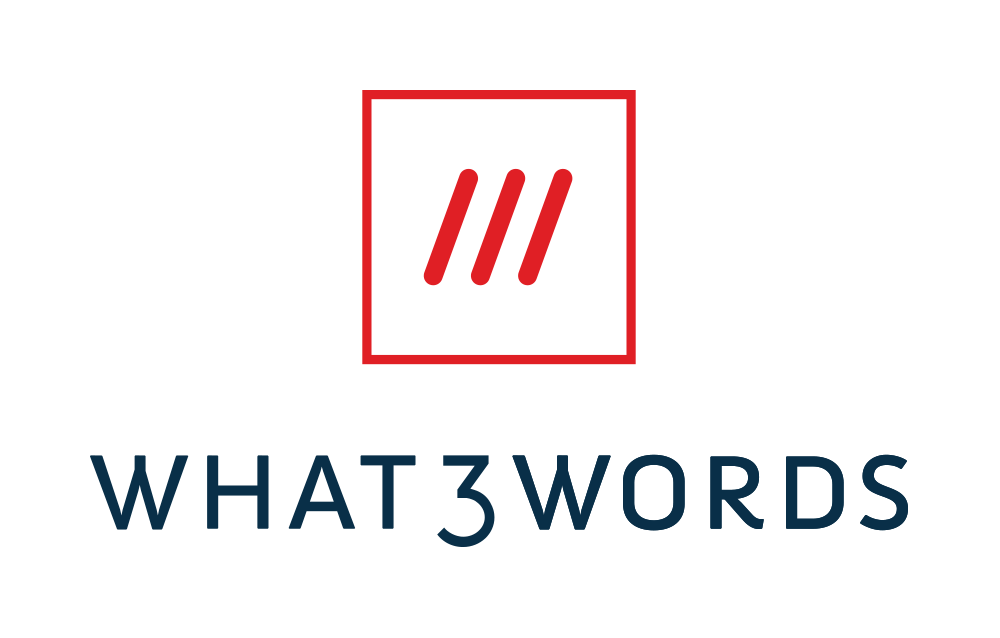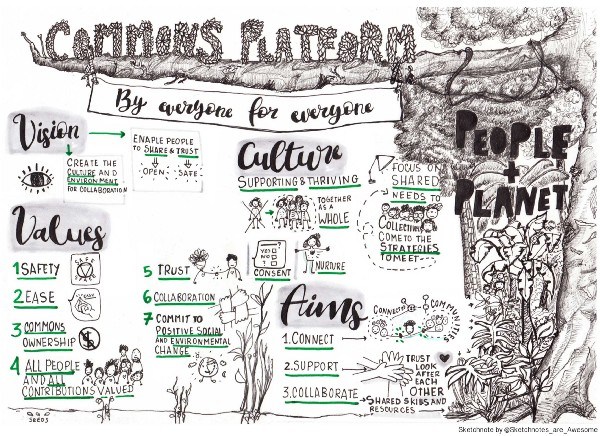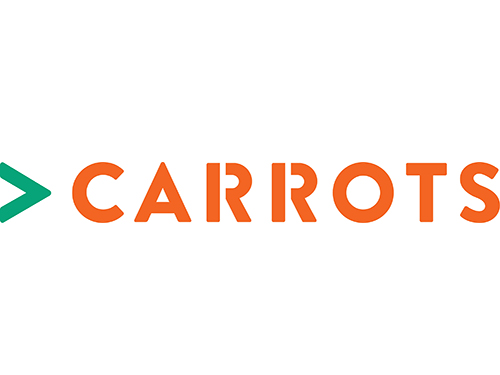Rip It Up Panel - London Tech Week - Rip It Up @ Paddington Works
/Rip It Up, Start Again have partnered with Paddington Works to bring you disruptor stories from some of the most exciting startups during London Tech Week 2019. Hosted by Lulu Laidlaw-Smith, this includes a series of five-minute overview and backstory from entrepreneurs followed by an interactive Q&A, keynote speakers and interrupters.
Rip It Up Panel - Els Caballero, Olivia Knight, Rosie de Malmanche, Marcus Kern, Tatjana Apukhtina
Els Caballero, WeBox
Els started her career working for Google, a long way away from where she is today. In the final 10 years of her time with the company, she wasn’t feeling satisfied and knew she needed to find a new direction with her life. So she quit her job and became a certified boxing and yoga coach. She began to realise the skills she had learned in the ring weren’t just useful inside, but outside as well. In 2016, she met her current business partner who is a former boxing champion. Despite having differences in their backgrounds, they both had a passion for boxing and competition. They wanted to bring the boxing mindset to people, to help them feel like champions. They co-founded WeBox, a company that holds workshops to improve personal development skills like confidence, resilience, and leadership, as well as a good workout. Find out more at https://www.weboxworkshops.com/.
Olivia Knight, Patchwork
Olivia is the founder of Patchwork, a company that allows friends to come together to contribute to gifts and experiences for their loved ones. Olivia was raised in a family that understood the necessity of sustainability, being eco-minded and vegetarian from an early age. Her first venture into ripping things up was when she turned away from her career in advertising to work as the creative director for a charity called Do The Green Thing. Their intention was to create an advertising agency for planet Earth. Her second step into ripping it up is what led to the creation of Patchwork. She and her husband were getting married, and their goal was to have a honeymoon that they could both enjoy along with the children. However, she really didn’t want to say, ‘Give us some money,” in the invitations they sent out. So she created a website that allowed people to buy them ‘experiences’ – like paying for a night or two at an Airbnb or buying the kids an ice cream cone at the beach. Patchwork has thus become a platform for any occasion, allowing people to get together and show their love by giving their friends and family one thing they actually want. Find out more at https://patchworkit.com/.
Rosie de Malmanche, Our Closet
Rosie is ripping up the fashion industry. Coming from Australia, she saw that fashion in that part of the world was very much a sharing economy but not really the case here in the UK. Her company, Our Closet, is an online platform for peer to peer clothing rentals, giving people the chance to rent items for a special night out that they wouldn’t necessarily buy, encouraging the recycling of clothes and a sense of community among its users. Marketing today encourages people to buy, buy, buy, promoting the ‘fast fashion’ industry that is not sustainable. Our Closet gives people, young and old, the opportunity to feel confident, comfortable and cool, while also removing clothes that might end up in landfills, and helping to reduce pollution that is created by the fashion industry every year. Find out more at https://ourcloset.co.uk/
Marcus Kern, Duesday
Marcus is the co-founder of a company called Duesday, a platform that manages recurring bills. Started back in 2015, Duesday is moving us forward from the ancient paper direct debits that have been around for over 50 years. The idea of direct debits is simple: you type in your info and hand over the keys to your account. They can take whatever they want, whenever they want. It no longer fits the way people live their lives. There’s a serious lack of transparency and control, and has become an issue for lower-income and young people. Duesday allows people to share incoming bills, and even gives rewards for people paying early. With two banks in Mexico having approached them, they’re now in a funding round to scale up and solve problems across the world. Find out more at https://www.duesday.com/.
Tatjana Apukhtina, Teapro
Tatjana is the co-founder of Teapro, a tea subscription company that specialises in premium loose leaf teas, with the mission of bringing people on a tea discovery journey. While the UK is famous for tea, Tatjana understood that most people didn’t really know much about it, about its history or the culture it came from. Each month, Teapro focuses on a type of tea and sends four different samples to users, allowing them to experience a different flavour. Every box comes with an infuser glass, and info about the tea that appeals to tea drinkers of all ages. Tatjana wants to give people new teas to discover and disrupt the tea industry. Find out more at https://teapro.co.uk/.
Q&A Highlights
How did they validate their idea?
Els - “It grew from a passion for boxing, and similar for [business partner] Leslie, with boxing, but it was an organic growth. From the experience that I had from within the corporate world, I realised that there is a lot of ticking the boxes when it comes to mental health and diversity inclusion, and I didn’t feel there was a real good impact. So with what we started to create, was more like how to create a moving body. A moving body can change your mind and your outcome, so we wanted to make sure it was an interactive workshop. And with that idea, I basically knocked on doors and one of them was a financial company that saw and understood what we were doing.”
Olivia - “First validation was as ourselves, the classic example of a personal story and loving to think that we’re totally unique and different to everyone else and just going, “Of course we’re not”. If we feel that way, there’s going to be lots of other couples approaching marriage, already living together, got stuff, don’t need it, would want family and friends to chip into something. So that was kind of point one, and all of our friends saying, “That’s a great idea, what’s that form, can I use it for my wedding?” And us then saying, “Oh no, I just sort of made it up myself.” So that was the initial sort of prototype.”
Rosie - “For me the validation came from the peer-to-peer model. I was renting out my own pieces back in Australia, where I lived recently, and I would have girlfriends that would give me a dress, she would maybe have a couple in her closet that she wasn’t wearing anymore, she’d give it to me and say, “Hey, can you rent this out for me?” And then Friday night, right before I was about to go out, she calls and goes, “I desperately need that dress, get it back to me, it’s the only thing I want to wear tonight,” which is frustrating. So, you know, send it off in an Uber, whatever. So to build a platform for these girls that don’t necessarily have a whole business they can create out of their closet, they’ve only got a few pieces, giving them a platform where they can upload that, and make some money on the side, I think that was the bit that I’ve felt validated.”
Marcus - “Our story’s quite simple, we went to Backs, now pay.uk, and thought they might feel threatened that we were messing things around, but they had commissioned a study, a proper study, 2,000 people across the UK. The findings were really clear. Everything I said earlier is coming out of the study, so people on lower incomes, younger people, don’t set up their direct debits, and generally speaking, people want to get more control, want to get more transparency about their regular bills.”
Tatjana - “For us, of course, it was our personal experience of trying tea that got us really excited about the tea industry. I could see it as well from our customers and friends who were trying loose leaf tea that they have a completely different look, or attitude towards tea. So that’s quite satisfying to see.”
